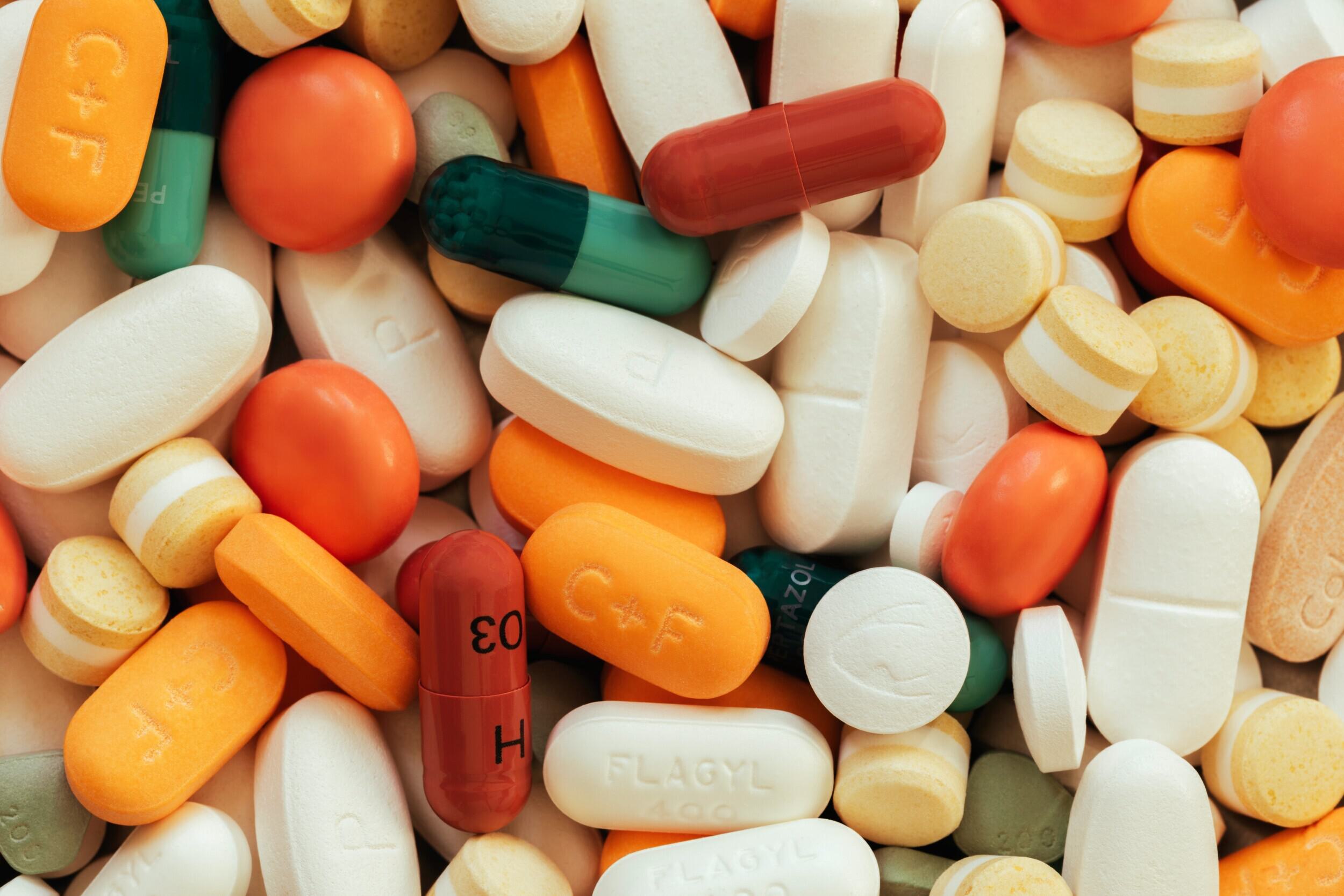As families gather this Thanksgiving, a former DEA agent is warning of the dangers of drug activity and the part unwitting family members can play in their loved one's addiction.
Richard Tucker, who fought the war against drugs overseas and in the United States as a special agent for 25 years, said family members think they are helping their loved ones by sharing medications, but offering prescriptions can be a slippery and often deadly slope.
"Thanksgiving is the biggest drug-swapping day of the year," said Tucker. "What happens when it comes to opioids, we found out, is that, say somebody has a headache. Say, Aunt Sara has a headache after she eats too much turkey, and somebody says, 'Well, I've got some hydrocodone back here in the medicine cabinet that my doctor gave me two years ago, and I haven't used it, so why don't you take a couple of them?' That introduces the family members to opioids."
Tucker said a percentage of the population starts on the road to opioid abuse by trying prescription drugs from others.
"The family member thinks they're doing the right thing," Tucker added. "But then what happens is they introduce opioids to somebody that's maybe opioid-intolerant or maybe somebody that's not supposed to be taking opioids or maybe taking another drug that's counter-intuitive to take opioids with, then you're sending them on a spiral."
As an expert in the field, Tucker urged hosts of events during the holidays to lock up their medications. He said a lot of times, family members are unaware their loved one is struggling with an addiction.
"For people who are on these medications for chronic pain, even depression or anxiety, ask them to buy these safes," said Tucker. "You can buy them on Amazon, and they fit in the medicine cabinet, lock your medicine up, and only you can have access to it."
For those prone to depression and anxiety, Tucker said they may try just about anything to get through their feelings.
"And we also have a lot of these novel psychoactive drugs," Tucker explained. "They are molecular imitations of drugs that you can get online or at the gas station. So, you've got a drug that doesn't meet the requirements of a controlled substance, so it's for sale and basically legal."
The illicit drugs Tucker is referring to are produced by drug dealers and illicit drug companies to mimic opioids, marijuana and other illegal drugs.
"There's 1,150 novel psychoactive drugs out there, and the DEA has already seized about 700 of those here in the states this year," Tucker added. "A lot of this stuff you can see in the gas station … These are not controlled by the FDA and not controlled by the DEA."
Another drug Tucker said people should be concerned about is a horse tranquilizer called xylazine. The drug, which is only for use in animals, is also known as "tranq" on the streets.
"The xylazine is probably the most rising issue now as an adulterant," stated Tucker. "It is meant to be used for veterinary medicine, but what's happening is folks are seeing it being mixed with fentanyl, seeing it mixed with marijuana."
Experts have seen xylazine mixed with several illicit drugs, and it has already claimed 39 lives in Jefferson County this year. It causes holes in the skin, and although it is not an opioid, it has similar side effects as opioids but is not responsive to opioid antidotes, such as NARCAN.
Alabama Attorney General Steve Marshall recently said he would look into the use of xylazine in Alabama to see if there is something that can be done to make it illegal.
In the meantime, Tucker said family members should be aware of the medications they have sitting around the house this holiday season. He said people should only take medications they are prescribed.
To connect with the author of this story, or to comment, email erica.thomas@1819news.com.
Don't miss out! Subscribe to our newsletter and get our top stories every weekday morning.










